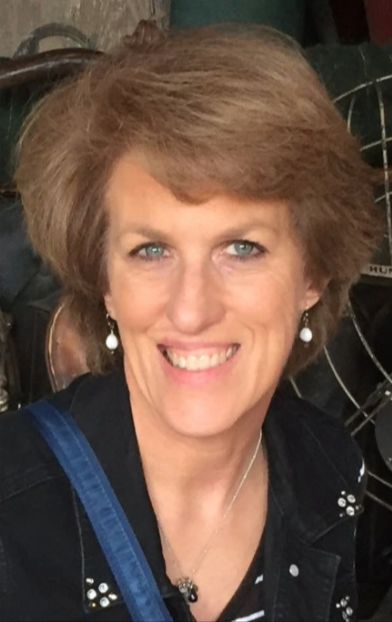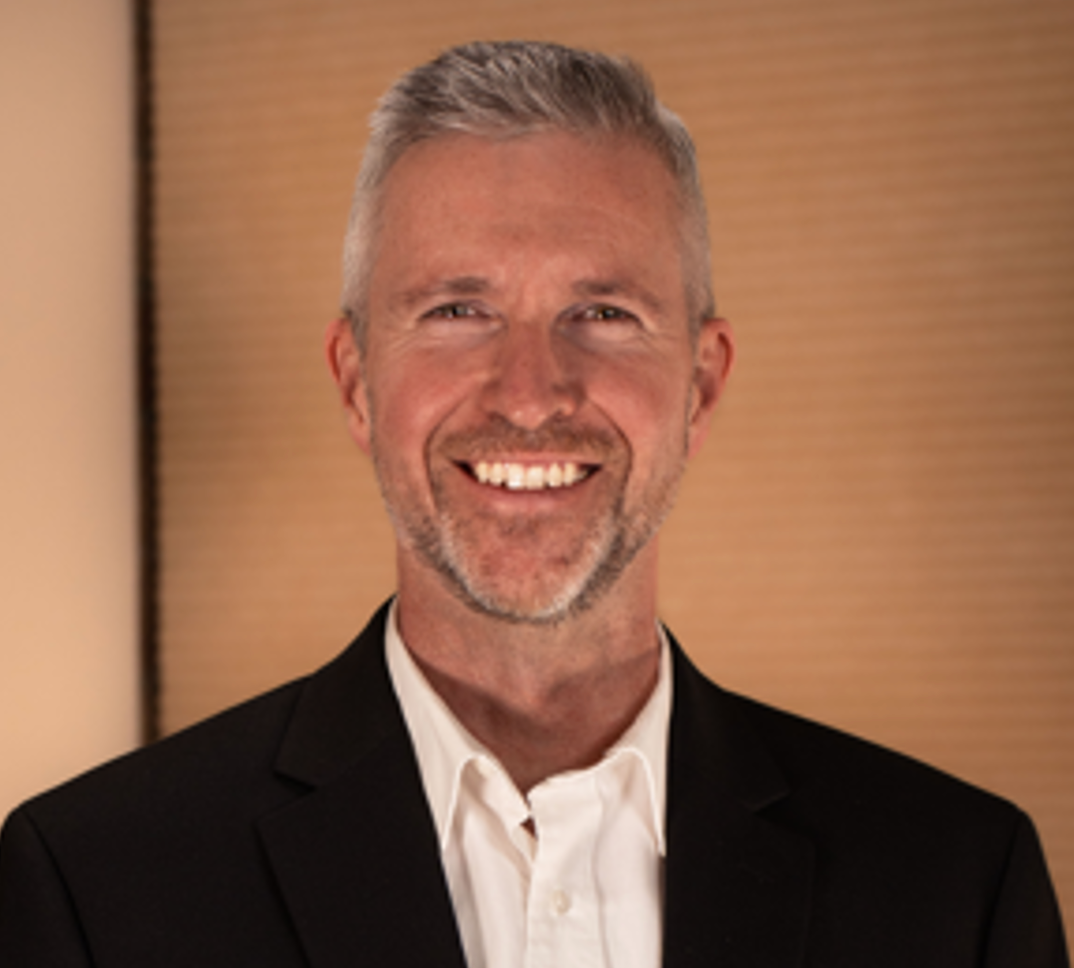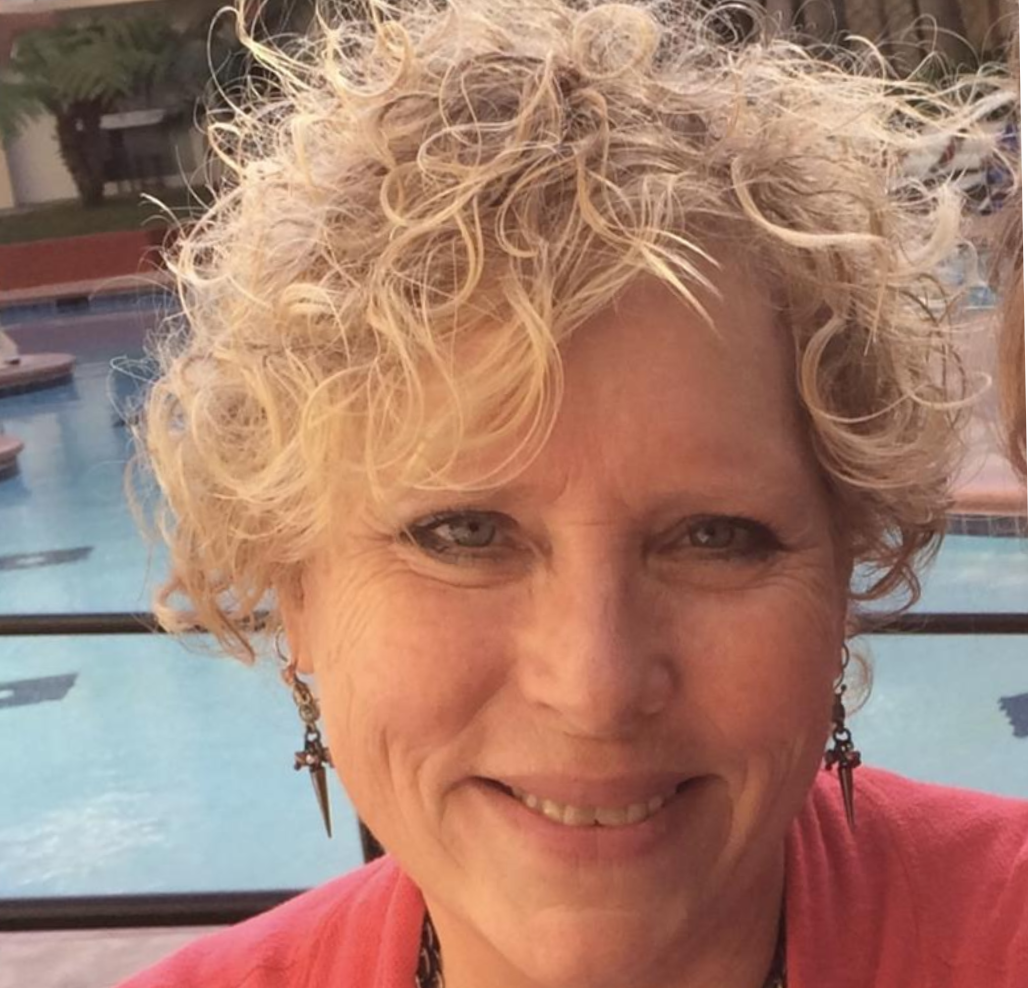About Us
Our Mission: Make trauma recovery accessible to all!
To achieve this, we are committed to equipping not only mental health professionals but also dedicated individuals supporting trauma survivors, including the survivors themselves.
While we encourage collaboration with mental health professionals versed in ITR, we recognize that this may not always be feasible due to resource constraints or long waiting periods. Too often, individuals endure lengthy waits for therapy without experiencing sustainable relief or completing their healing journey.
We advocate for universal access to mental health treatments and we offer viable solutions to facilitate the recovery journey for trauma survivors with ITR's web app. Soon, with the help of AI and machine learning, we believe many people will be able to do much of their own work with out the assistance of a professional. If a person suffering from traumatic stress is too dissociated or chooses to use a professional, they may still be able to do some work on their own to facilitate the treatment.
As Dr. Tinnin said, "Of all the mental health issues, the ones related to trauma are the most treatable. We find with our method they are easy to treat and it doesn't take long to do it."

Louis Tinnin, MD
Co-Founder of ITR®
Dr. Tinnin (1932-2014) had a successful 50-year career as a psychiatrist. He served as the founder of two outpatient trauma clinics: Trauma Recovery Institute (1996-2006) and Intensive Trauma Therapy (2006-2017). He and his wife, Linda Gantt, developed Instinctual Trauma Response® from early clinical trials at Chestnut Ridge Hospital at West Virginia University (Morgantown, West Virginia) and the Louis A. Johnson Veterans Administration Medical Center (Clarksburg, West Virginia). He and Dr. Gantt worked tirelessly together to help people fully recover from trauma symptoms to live a healthy and productive life.
Dr. J. Eric Gentry said “Dr. Tinnin turned Pierre Janet’s work of the 1880’s into a comprehensive treatment model for effectively treating trauma and dissociation.”
Bessel van der Kolk described Dr. Tinnin at a conference as ‘the greatest trauma mind of the 20th Century.’
We miss him greatly and honor Dr. Gantt for continuing their commission to make trauma recovery accessible to all.
In the 1970s, Dr. Tinnin had a private practice in psychiatry in Laurel, Maryland. He was active in the politics of mental health and instrumental in getting the state of Maryland to pass a law requiring that general hospitals have psychiatric units at a time when even the most prestigious hospital in the state was little more than a warehouse for seriously disturbed psychiatric patients.
After moving to West Virginia in 1979, Dr. Tinnin served as the medical director of a community mental health center. In 1984, he joined the faculty of the Department of Behavioral Medicine and Psychiatry in the School of Medicine at West Virginia University, serving as associate professor and professor. He began learning more about post-traumatic stress disorder (PTSD), an area that interested few people at the time.
Some cases that Dr. Tinnin saw in medical school stayed with him his entire life. He questioned the received wisdom of older doctors who did not comprehend how invasive medical procedures without anesthesia for babies could be traumatic. These doctors assumed the child’s nervous system was too immature to feel pain and, even if the child did feel it, he or she would not remember it. His clinical observations impelled Dr. Tinnin to work out procedures for dealing with early memories that were nonverbal but resulted in long-lasting and disturbing symptoms.
In 1992, Dr. Tinnin developed a Fellowship in Psychotraumatology in conjunction with WVU and the VA Medical Center. It was then that he began doing research on how to process traumatic events without reliving them including those in infancy and childhood.
After retiring from WVU in 1996 with the rank of professor emeritus, Dr. Tinnin established his own clinics, the Trauma Recovery Institute (TRI) (1996-2006) and Intensive Trauma Therapy (ITT) (2006-present), where he refined his ideas about effective, simple, and brief trauma treatment.
Dr. Tinnin wrote a number of professional papers and made over 200 national and international presentations. He and Linda authored The Instinctual Trauma Response and Dual Brain Dynamics (2013). Although Dr. Tinnin knew his health was failing, he continued to work on several projects until two weeks before his death.
Dr. Tinnin was a strong supporter of the mental health freedom and recovery movements. He devoted his life to collaborating with other professionals and spreading the good news that trauma can be easily and effectively resolved and that it doesn't take years to do it.

LINDA GANTT PhD, ATR-BC
Art Therapist and Co-Founder of ITR®
Linda Gantt is dedicated to the Mental Health Emancipation and Recovery movement. She strives to keep her contributions to trauma recovery and art therapy up to date with the ever-changing neuroscience and the challenging mental health field. Dr. Gantt's Formal Elements ArtTherapy Scale (FEATS) is a powerful art-based assessment used by many mental health professionals and is studied at graduate art therapy programs. The Instinctual Trauma Response protocol is quickly being adopted by many agencies and programs that help people recover from trauma. She has not stopped working hard to continue the work she started with her late husband and psychiatrist Dr. Louis Tinnin, over 45 years ago.
Dr. Linda Gantt is the co-owner of the ITR Training Institute LLC. She recently closed her Intensive Trauma Recovery intensive clinic to focus on getting the ITR protocol out to as many practitioners as possible to exponentially help heal more trauma survivors.
She is a board-certified art therapist (ATR-BC) with the Art Therapy Credentials Board. Her contributions to her profession are well known among art therapists, having served as president and editor of the inaugural issue of the journal of the American Art Therapy Association, and as the chair of the National Coalition of Art Therapies Associations. She is also a leading art therapy author. She, along with Carmello Tabone, developed the internationally recognized Formal Elements Art Therapy Scale (FEATS).
Dr. Gantt has taught in a number of graduate art therapy programs including the George Washington University, Vermont College, Notre Dame de Namur, and Florida State University.
Dr. Gantt worked for 7 years in her first art therapy position on the psychiatric and detoxification units at Prince George’s General Hospital, Cheverly, Maryland. During that time in the mid-1970s, the hospital staff did no routine screening for psychological traumas.
The conventional wisdom was that such things were better left alone. But the art therapy program Dr. Gantt conducted provided patients a means of showing their subjective experiences when they had no words for them.
With the benefit of hindsight, Dr. Gantt can look back and see that a number of people who were hospitalized repeatedly were actually trauma survivors. Over her 45-year career, Dr. Gantt watched the field of traumatology grow and develop in its theories and research.
As she and Dr. Tinnin developed their Intensive Trauma Response® theoretical model, Dr. Gantt contributed her expertise in the nonverbal techniques of art therapy to create Graphic Narrative®. She demonstrated that these techniques--along with ”finishing the story”--have the ability to not just manage trauma symptoms but to eliminate many of them for good. This also frees any dissociative parts to engage in Externalized Dialogue® and be relieved of their burdens, and to be helpful in the person’s present-day life.
Dr. Gantt is committed to spreading the word about ITR with the professional training programs she has developed, her writings, and the ITR® web app, now being developed with the guidance of AI. She will never stop working to give trauma survivors access to full trauma recovery with ITR in whatever way she can.

Danni Davis, MSW, LCSW-C, CCSOTS, ITR Certified® Traumatologist
Training Director of ITR®
Danni Davis serves as the Training Director at the ITR Training Institute. With certifications in EMDR, ITR, and as a Clinically Certified Sex Offender Treatment Specialist, Danni brings over 30 years of clinical expertise to the table. Danni's clientele spans across children, adolescents, adults (including numerous first responders), and couples.
Having witnessed the transformative power of support and effective treatment methods throughout her career, Danni specializes in addressing trauma-related disorders. She firmly believes in the efficacy of Instinctual Trauma Response (ITR), viewing it as a revolutionary tool in the mental health field capable of rapidly alleviating symptoms and fostering long-term healing and well-being.
Watch More About DanniYves Hughes, MBATM, MSDS
Chief Product Officer
Yves concentrates his efforts to make sure our tools are always cutting-edge, user-focused and accessible with the vision to bring healing to the masses.
Yves and his wife Khalila, a UX designer, were foster parents to a sibling group of four and have since adopted. Understanding trauma and the need for access to therapy motivates him to keep innovating.
Yves has a BFA in Multimedia & Web Design from the Illinois Institute of Art and an MBA in Technology Management from the University of Phoenix and an MS in Data Science and Machine Learning from Southern Methodist University.


Elisabeth Holt McCarthy, M.S., ITR-CTRC
Research Director of ITR
Elisabeth is a clinical researcher with a multidisciplinary background in biomechanics, neuroscience, and psychology. She holds an M.S. in Exercise Science from the University of South Carolina. Since 2017, she has contributed on projects including neuromuscular control, mild traumatic brain injury, automic nervous system function, sleep, and the psychology pf close relationships. She also brings strong expertise in clinical data management, program evaluation, and quality improvement.
As the Research Director, Elisabeth leads initiatives to evaluate the effectiveness of ITR in addressing the psychological and physiological effect of emotional trauma. Her work focuses on study design, protocol development, regulatory oversight, and data management. She is passionate about translating complex health data science into clear, actionable insights that support healing and advance evidence-based practice.
Kari Mitchell, Entrepreneur, Project Coordinator
Chief Experience Officer
Kari co-owned and operated her father's ad tracking business for many years and worked with many top publishers and ad agencies. Patterson Advertising Reports (PAR) gave Kari massive experience with not only customer experience, but organization and data management. Marketing and administration systems are also areas Kari excels in.


David Lindstrom, MS, ITR-CTRC
Training/Organizational Development
David has worked in the field of higher education for many years and excels in his ability to build and cultivate high-level teams. David has a passion to see the world able to heal themselves and believes mental health is as important as physical health.
He also represents mental health professionals and sees their challenges. "Professionals are struggling these days with the pressure to see so many people in need, and no time left in their day. We see they are burnt out and could use some help. We are innovating powerful tools to assist them and the people in need. We know what we are doing will make a huge impact world wide".
Mark Voss, Visual Artist, Editor
Video, Graphics and Digital Marketing
Mark is a master editor and visual artist. He works hard to help ITR get the word out that trauma can be healed. Mark knew Mary from the film industry and they have worked together ever since they met. Mark has been an instrumental part of getting ITR out to the world and we appreciate his contribution.


Mary Carlson, ITR-CTRC
Co-Owner and Chief Executive Officer
Mary Carlson is a 3rd generation filmmaker and worked in the movie business for decades before she was introduced to Drs. Tinnin and Gantt. and their simple and effective trauma recovery approach; Instinctual Trauma Response® (ITR).
When Mary heard from clinicians and clients alike, the immediate and long-lasting healing power of ITR, she jumped on board to help Dr. Lou and Linda get the word out. When Dr. Lou suggested anyone could do ITR, she recommended they make a web app so individuals could do their own work. Dr. Tinnin and Gantt agreed and now they are connecting AI as a guide to make ITR more accessible.
Mary says, "We will continue to train therapists who want to heal trauma but most are overwhelmed and not taking clients. We have also started to train coaches, foster parents, educators and first responders. Many lay people want to do what they can to assist in this mental health crisis we have going on worldwide. Trauma affects everyone. It is an epidemic and probably 95% of why someone sees a professional for help. People need to know trauma is an injury and not a life sentence. We can help them."
As Dr. Tinnin said, "There is no reason in the world why anyone should suffer from even a minimal trauma symptom. In our work, we see it is easy to treat and it doesn't take long to do it."
See Mary's Wall of Photos
ITR's Team in Action
We LOVE Our Team!
Our team is second to none with skilled professionals that serve from the heart. We are all on the same mission: to bring ITR to the world and heal trauma! Our team ranges from ITR-Certified Trauma Specialists, ITR-Certified Trauma Recovery Coaches, ITR Instructors, Research Coordinators, Project Managers, Peer Support Architects, Video and Film Professionals and volunteers.
See the Gallery of Our Team PhotosHelp For Trauma
Call 800-755-6105 or Click Below

Discover how trauma impacts the brain and how healing is possible with this one powerful video. Get it sent straight to your inbox:
You'll also get the latest news and course offers. You can unsubscribe at any time.

